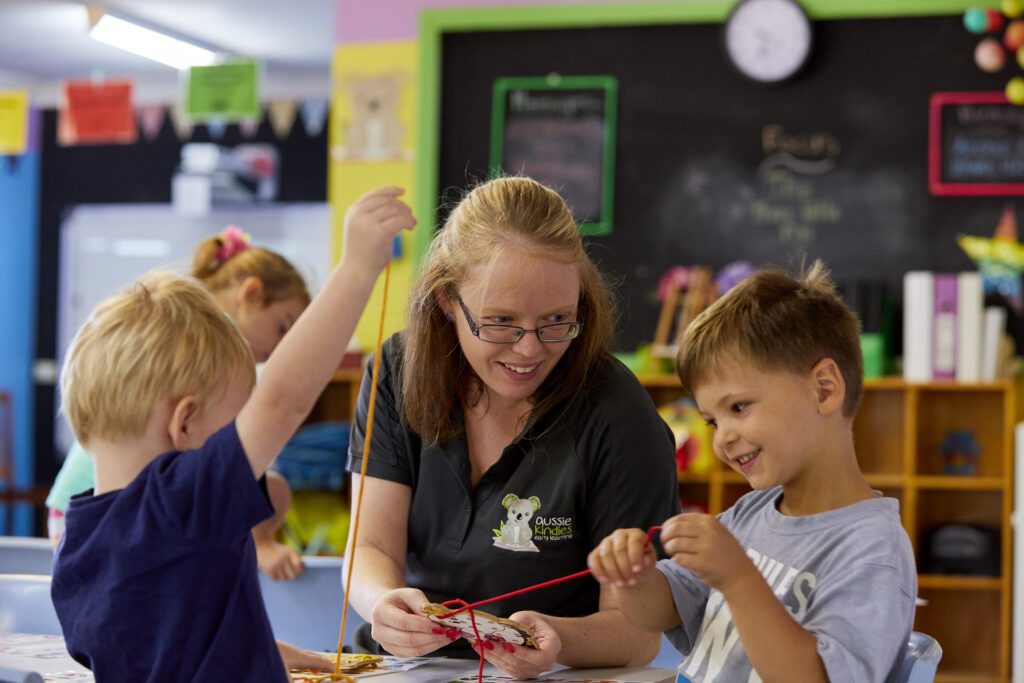
From “Uh-Oh” to “Look, Mum!”: Everyday Conversations That Help Toddlers Learn to Talk
Whether you’re chasing chickens in the backyard, popping into the local IGA, or walking past the neighbour’s tractor on the way to kindy, your toddler is listening—and learning—with every word you say.
At Aussie Kindies Early Learning, we believe that big learning doesn’t require a classroom or a lesson plan. It happens in the little moments, through simple, loving conversations. And as a parent, you’re already your child’s most important teacher.
Here’s how to support your toddler’s language development through everyday chats—and how we build on that learning at our centres using the research-backed Abecedarian 3a approach.
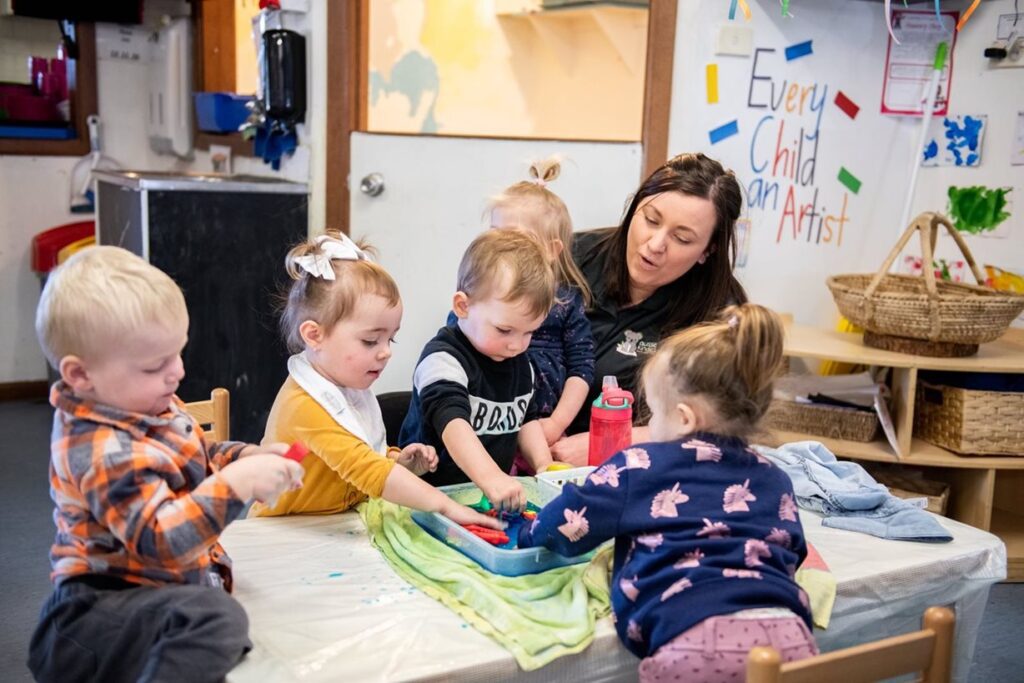
Learning to Share: Gentle Ways to Teach Toddlers and Preschoolers Turn-Taking
If you’ve ever had to break up a sibling standoff over a single toy, you know that teaching young children to share takes time, patience, and a little creativity. But the good news? It’s a skill that can be learned—and nurtured—with gentle, consistent support.
At Aussie Kindies, we understand that toddlers and preschoolers are still learning what it means to take turns, wait patiently, and think about others. Sharing doesn’t happen automatically—but with the right environment, it can become part of everyday play.
Here’s how you can support your child’s learning at home—and how our educators guide and encourage sharing in our centres every day.
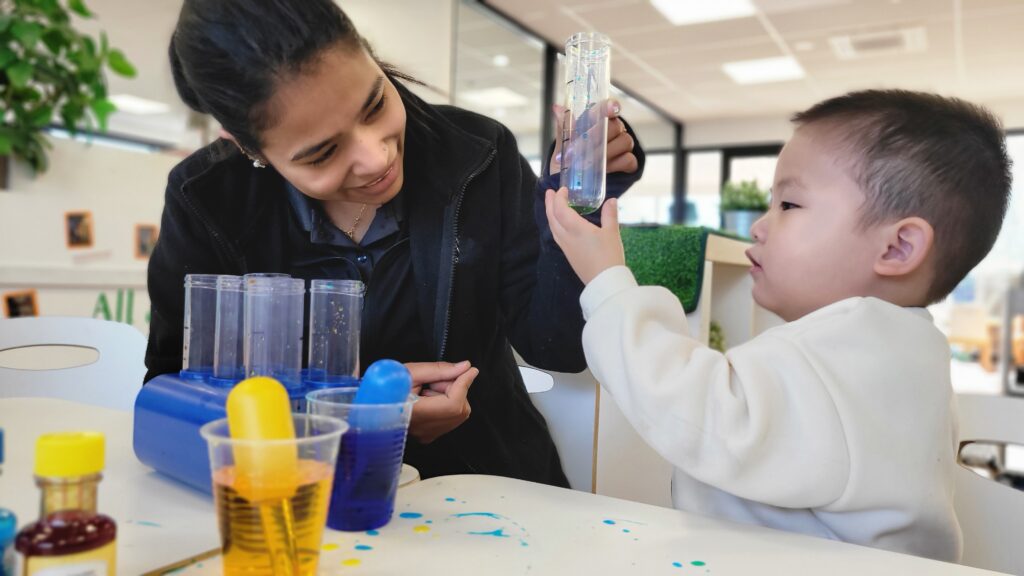
Getting Ready for Big School: 5 Skills to Help Your Child Shine
A simple guide to help you feel more confident about your child starting school.
Starting school is a big moment for little people—and for parents too! If you’ve been wondering “What should my child know before they start?”, you’re not alone.
At Aussie Kindies, we speak to lots of families who are thinking about what the transition to school will look like. The truth is, school readiness isn’t about ticking off a long list of things to know. It’s about helping your child feel comfortable, confident, and excited for what’s ahead.
Here are five important skills that help children settle in, make friends, and start school with a smile.
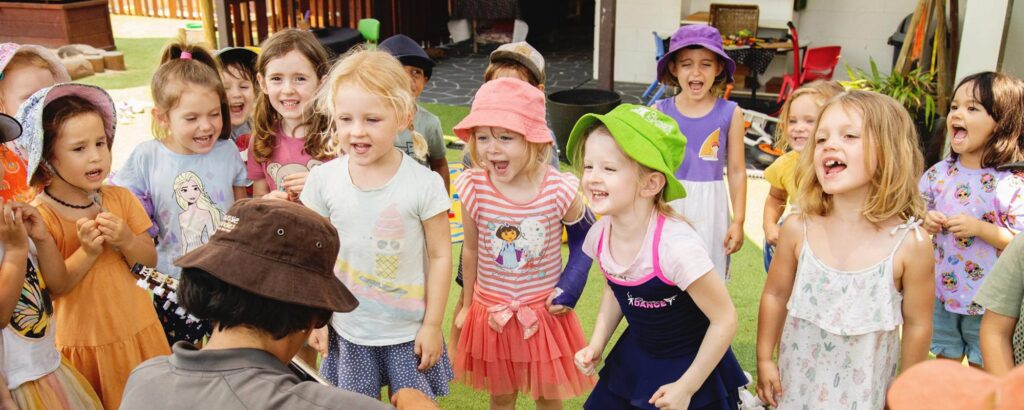
Wiggle, Jump, Twirl: How Dancing Builds Confidence in Little Learners
Celebrating International Dance Day – 29 April
If your child has ever busted out a wobbly wiggle mid-walk or started spinning in circles just because they felt like it — you’re not alone. At Aussie Kindies, we see it every day — and we love it!
That joyful, spontaneous movement is more than just cute. It’s how little ones explore their world, express big feelings, and grow in confidence.
To celebrate International Dance Day on 29 April, we’re cheering on all the mini movers and groovers out there — and sharing why dance is one of the most powerful tools for learning and self-expression.
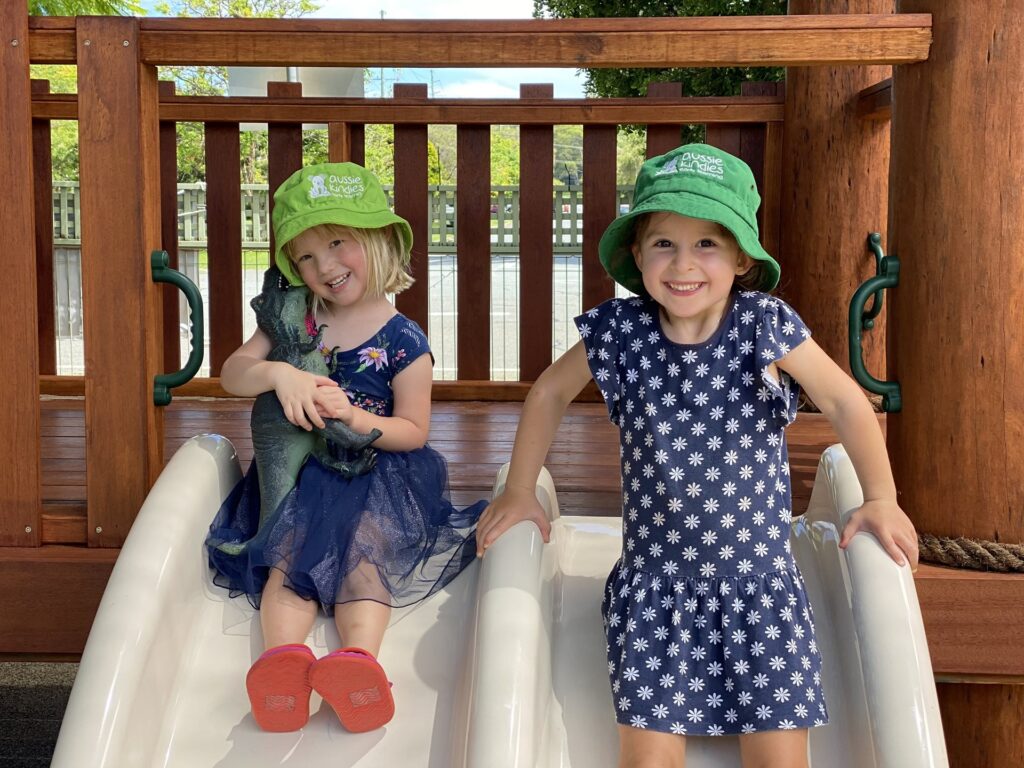
Little Bodies, Big Energy: Fun Ways to Keep Your Child Moving Every Day
FREE MOVEMENT MOMENTS DOWNLOAD! If your little one seems to be made of pure energy – constantly running, bouncing, climbing or spinning – you’re not imagining it!
At Aussie Kindies Early Learning, we know that movement isn’t just about letting off steam. It’s how young children explore the world, build confidence, and grow strong in both body and mind. That’s why we’ve created a free Movement Moments cheat sheet – a fun printable you can stick on the fridge, packed with easy, no-fuss ideas to keep your child active at home. You’ll find the download further down in this post.
From wobbly first steps to joyful leaps, every movement helps your child learn, connect, and thrive.
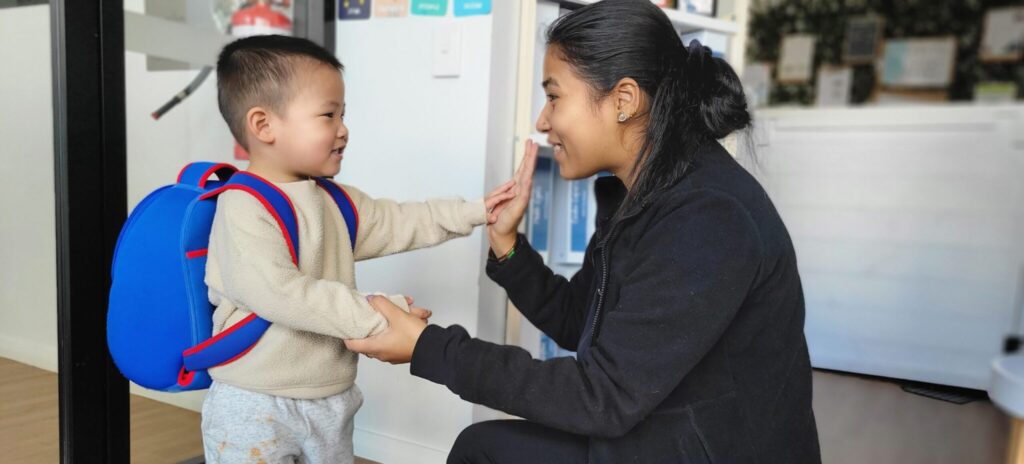
Helping Little Ones with Big Feelings: How Aussie Kindies Supports Emotional Wellbeing
From the shy wave at morning drop-off to the proud moment a child ties their shoes or shares a toy – early childhood is full of big emotions.
At Aussie Kindies Early Learning, we understand that emotional wellbeing is just as important as learning numbers or letters. That’s why we focus on helping children aged 0–5 feel safe, supported, and confident – every single day.
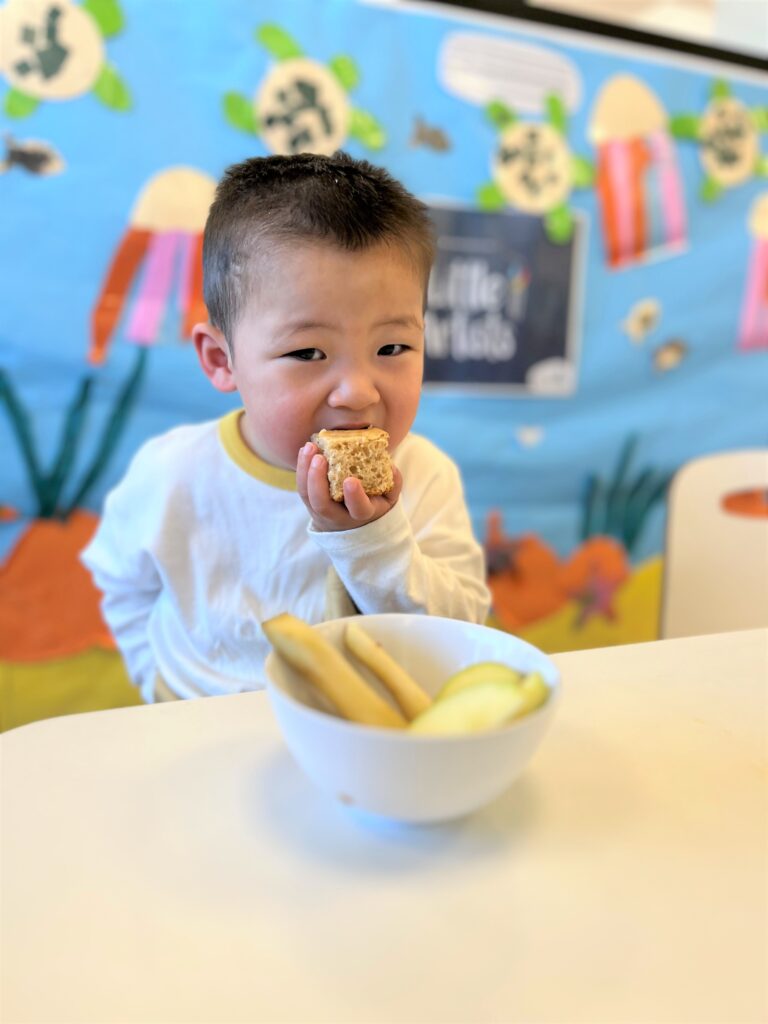
Healthy Habits, Happy Kids: How Aussie Kindies Supports Your Child’s Wellbeing
In Celebration of World Health Day – 7 April
At Aussie Kindies Early Learning, every giggle, snack, and outdoor adventure plays a part in building your child’s wellbeing. In honour of World Health Day (7 April), we’re shining a light on how we help children develop healthy habits in fun, meaningful ways—right from the start.
Because when children feel well, they’re free to play, explore, and grow into their happiest, healthiest selves.
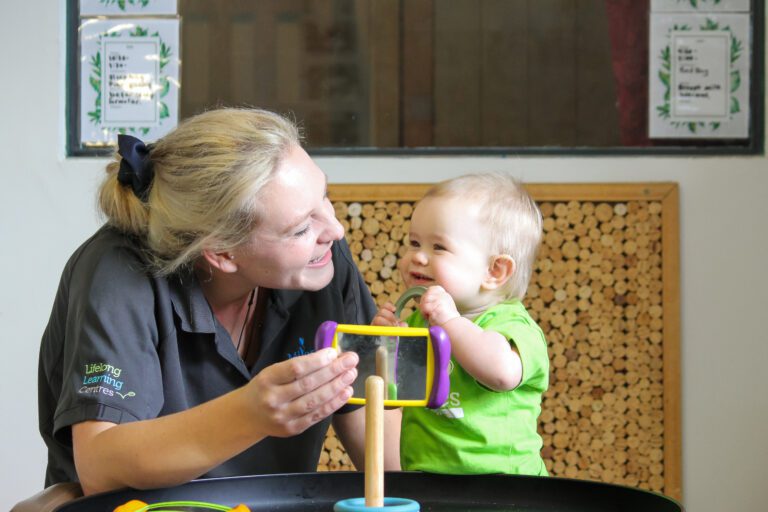
Learning Through Play: How Aussie Kindies Builds Strong Foundations for Young Learners
The first five years of a child’s life are filled with wonder, curiosity, and rapid development. Every new experience, from stacking blocks to singing songs, helps shape the way they understand the world. At Aussie Kindies, we believe that learning should be fun, engaging, and meaningful. As a trusted name in early childhood education, we provide a nurturing environment where children thrive through play-based learning. That’s why our play-based approach ensures children build essential foundational skills while exploring, imagining, and making friends.
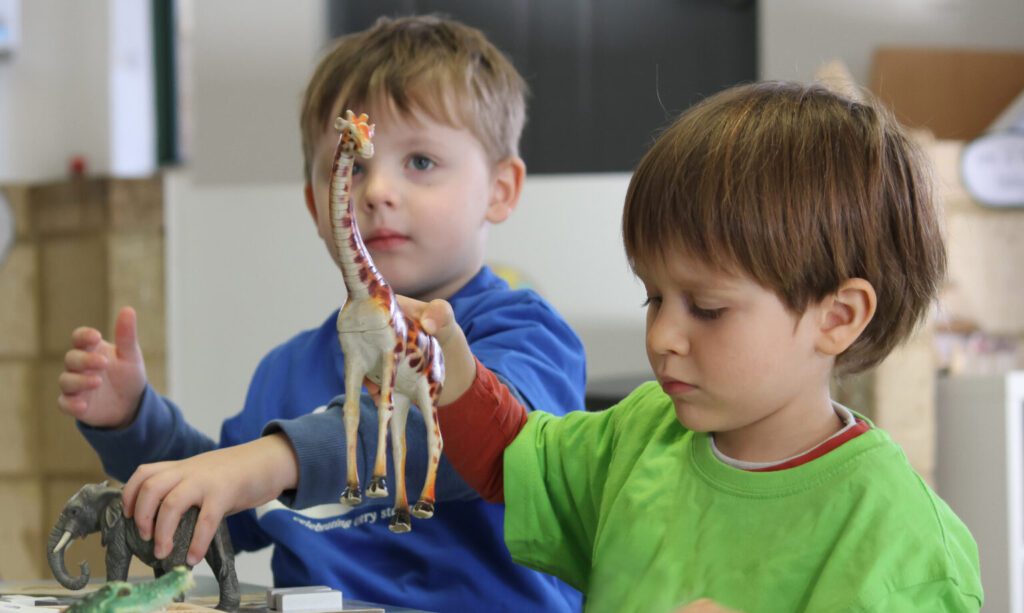
How Play-Based Learning Helps Children Build Friendships
Ever wonder how your child learns to make friends? It starts with simple social interactions! From giggles during group play to the first “best friend” moment, social connections in early childhood shape the way children interact with the world. At Aussie Kindies, we know that friendships, teamwork, and social confidence don’t just happen—they grow in a nurturing and engaging environment.
Social development is a key pillar of early childhood learning and plays a huge role in a child’s emotional and academic success. Our Play-Based Learning approach, guided by the Early Years Learning Framework (EYLF) and the Lifelong Learning Curriculum, ensures that every child at Aussie Kindies has the opportunity to develop the social skills they need to thrive.
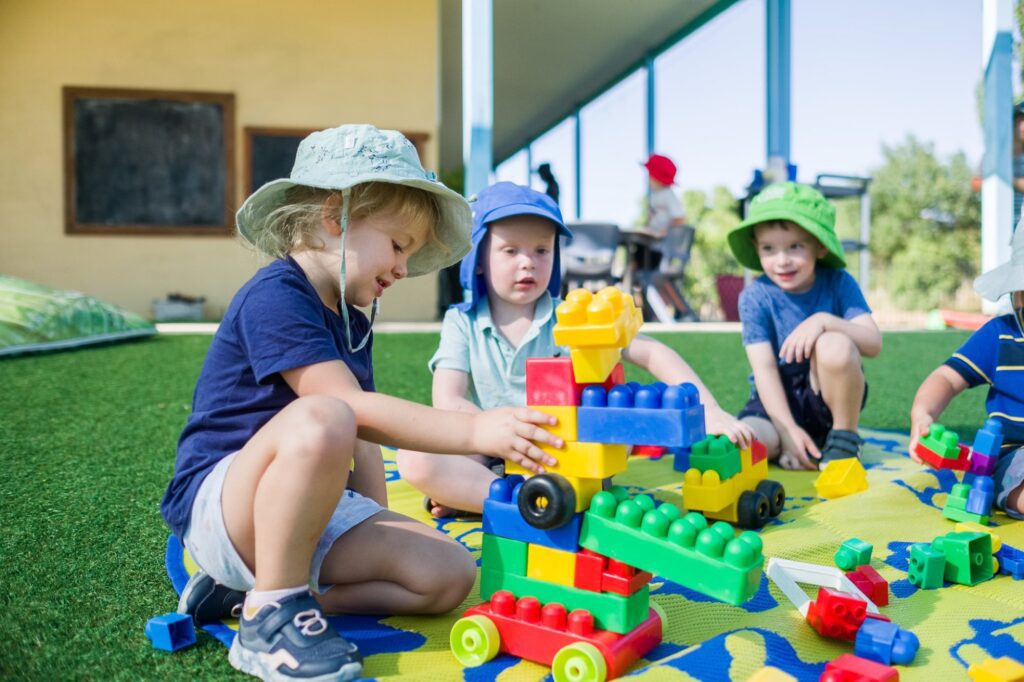
How Childcare and Play-Based Learning Builds Emotional Confidence
The early years of life are full of discovery, growth, and emotional learning. From their first smiles to forming friendships, young children are building the foundational skills they’ll need to navigate the world. Among these, emotional confidence plays a vital role. It’s what helps children recognise, express, and manage their feelings while building resilience and forming relationships. At Aussie Kindies Early Learning, we know that emotional confidence isn’t something that happens by chance – it’s nurtured through a supportive environment, meaningful experiences, and intentional teaching. Our childcare centres are designed to provide children with opportunities to develop these critical skills through play, exploration, and connection, preparing them for a lifetime of success.